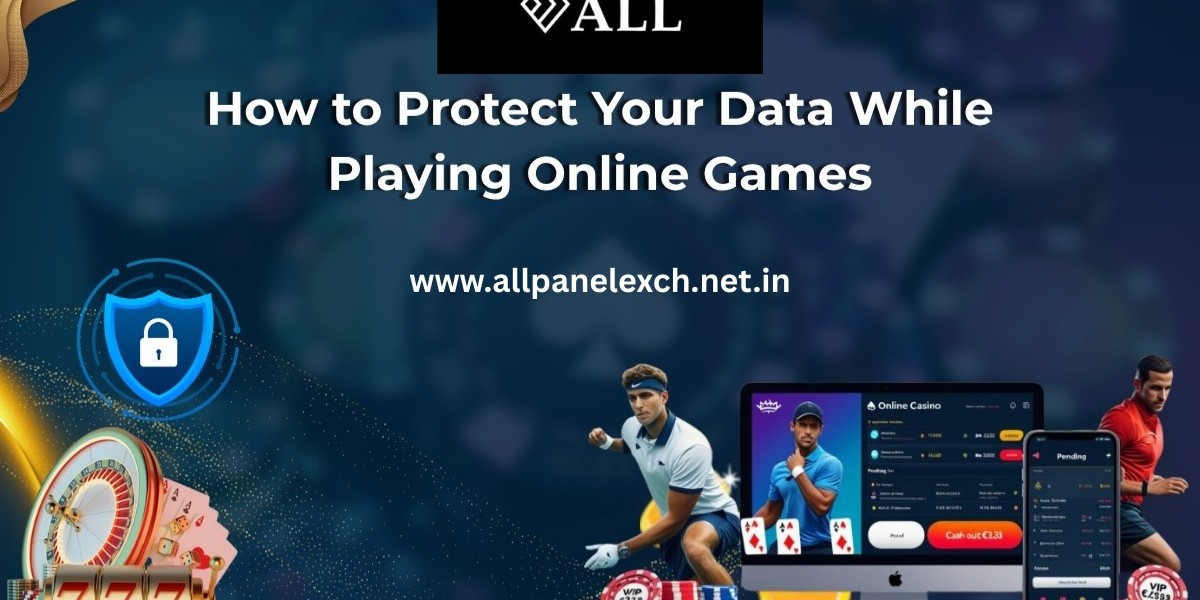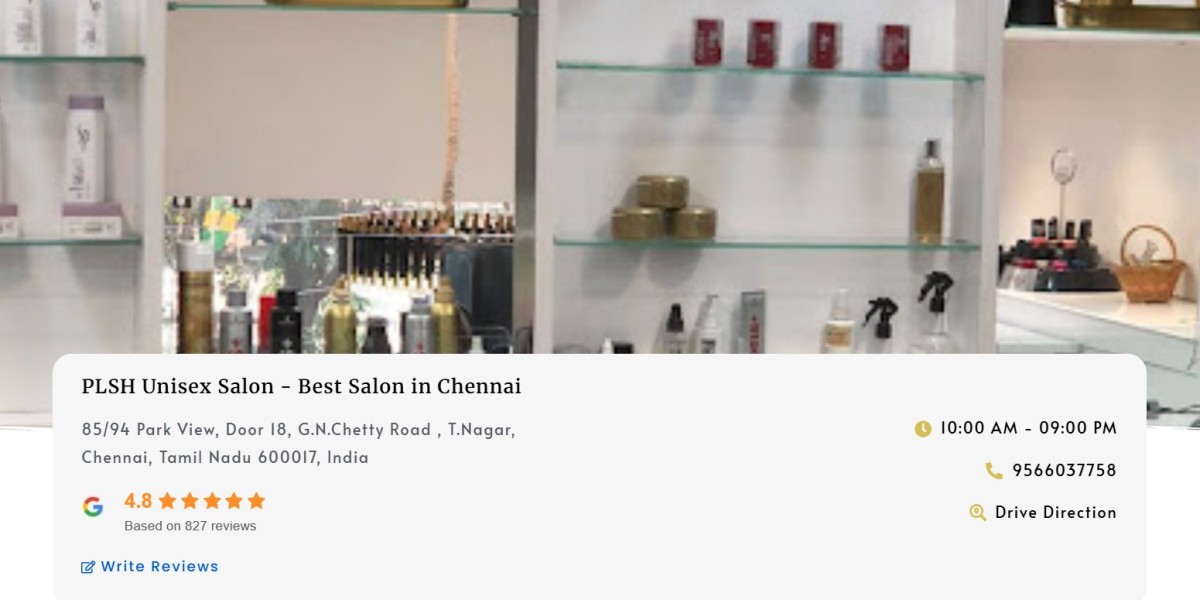1. Why Data Protection Matters in Online Gaming
You might ask: why focus on data? Here are key reasons:
Personal data: Names, email, payment info can be stolen.
Account data: Game progress, character boosts, virtual goods hold value.
Identity theft: Criminals may impersonate you.
Reputation theft: A hack can damage your standing among friends or the community.
Online games are connected. They live on servers. They interact with other players. This opens opportunities. You need to be careful.
2. Common Threats Gamers Face
2.1 Phishing and Fake Game Sites
Scam websites mimic real game login pages. They trick you into entering credentials.
Tip: Always check the URL. Bookmark official game portals. Never click links from untrusted emails.
2.2 Weak or Reused Passwords
Using "password123" is easy to remember—but unsafe. Reusing passwords across sites is risky too.
Tip: Use unique, strong passwords for game accounts.
2.3 Malware and Keyloggers
Malicious software can log keystrokes and steal passwords. They enter via downloads, cracked mods, or dubious attachments.
Tip: Install trusted anti‑malware. Scan regularly.
2.4 Public Wi‑Fi Risks
Public networks can be dangerous. Attackers may intercept your traffic or use “man‑in‑the‑middle” methods.
Tip: Avoid playing using public Wi‑Fi without protection.
2.5 Account Sharing and Trading
Sharing accounts with friends may seem safe. But you risk losing access or falling victim to fraud.
Tip: Keep accounts personal. Trade only through secure, official channels.
3. Steps to Protect Your Data
Let’s dive into clear, actionable steps.
3.1 Use Strong, Unique Passwords
Length matters. Aim for 12+ characters. Use letters, numbers, special characters.
Better yet, try a passphrase. Combine random words into a sentence.
Example: PurpleMoon!42Dragon!Sky
3.2 Enable Two‑Factor Authentication (2FA)
2FA adds a security layer. Even if your password leaks, a second factor (like a code) blocks access.
Use authenticator apps or hardware tokens. Avoid SMS when possible.
3.3 Be Wary of Suspicious Links
Online gaming often involves friend codes, community links, or patch updates. Always verify any link.
When in doubt, navigate via the official site.
3.4 Install Trusted Antivirus/Anti‑Malware
Choose reputable tools. Keep them updated.
Scan external files. Avoid cracked software—even if it seems harmless.
3.5 Use a VPN on Public Networks
A Virtual Private Network (VPN) encrypts your data. This helps when you're playing on public Wi‑Fi.
Pick trusted providers with strong encryption and no‑logs policy.
3.6 Keep Software and Hardware Updated
Game patches often include security fixes.
Operating systems and drivers need updates too.
Enable auto‑update wherever possible.
3.7 Limit Data Sharing and Permissions
Games sometimes ask for access to your device or contacts. Review permissions carefully.
Give only what is necessary.
3.8 Monitor Account Activity
Most gaming platforms let you view login history.
Check this often. If you see unknown activity—act fast.
3.9 Use Secure Payment Methods
When buying in‑game items or subscriptions, prefer services with buyer protection.
PayPal or card services often offer dispute resolution options.
3.10 Secure Your Network at Home
Your home Wi‑Fi router should have:
Strong password (not “admin123”).
WPA3 or WPA2 encryption.
Regular firmware updates.
Change default admin credentials.
4. The Role of AllPanelExch in Data Protection
You might be curious: what is AllPanelExch? This platform guides users in managing digital panels—password vaults, device dashboards, security alerts.
Here’s how AllPanelExch helps:
Centralizes credentials in a secure vault.
Generates strong new passwords quickly.
Flags anomalies in login patterns.
Organizes device permissions across games.
Provides alerts about suspicious activity.
When paired with the steps above, AllPanelExch creates a powerful security layer.
5. Best Practices Summary Checklist
Step | Action |
1 | Use unique, strong passwords |
2 | Enable 2FA on game accounts |
3 | Watch for phishing or fake links |
4 | Run trusted anti‑malware |
5 | Use VPN on public networks |
6 | Keep all software updated |
7 | Limit app/device permissions |
8 | Monitor account activity |
9 | Use secure payment methods |
10 | Secure your home network |
11 | Use AllPanelExch for secure credential management and alerts |
6. Scenario Example: Applying the Guide in Practice
Imagine you play a popular online game. Let’s walk through a sample scenario:
You register a new gaming account.
You:
Generate a long, unique password using AllPanelExch.
Enable 2FA with an authenticator app.
Bookmark the official game site.
Install a trusted antivirus and run scans regularly.
While traveling, you connect on public Wi‑Fi.
You use your VPN. Your data stays encrypted.
You receive an email claiming you’ve won an in‑game prize.
You check. The sender is not official.
You delete the message. No click.
You trade items with a friend.
Use only official in‑game trading tools. No personal contact details shared.
You notice a login from an unknown city.
AllPanelExch sends an alert immediately.
You change your password and re‑authorize 2FA devices.
You buy game currency.
You pay with a secure platform that offers buyer protection.
In this scenario, your data stays safe. You avoid phishing. You act quickly on risks. AllPanelExch acts as your security assistant.
7. Advanced Tips for Power Users
7.1 Use Password Managers
Even with AllPanelExch, consider an additional offline, encrypted password manager. This gives extra backup security.
7.2 Enable Hardware 2FA (U2F Keys)
Hardware keys (like YubiKey) are tougher to bypass. Use them for high‑value gaming accounts.
7.3 Set Up Alerts for Data Breaches
Know if your email or password leaks.
Use services like HaveIBeenPwned. AllPanelExch may integrate breach alerts in future updates.
7.4 Sandbox Suspicious Files
Run untrusted files in isolated environments.
Avoid exposing your main system.
7.5 Consider Dedicated Gaming PC or VM
If you often try new mods or software, using a separate system or virtual machine can contain risks.
8. Common Gamers’ Questions Answered
Q: Is it safe to share my password with a trusted friend?
A: No. Even “trusted” friends might be hacked. Always keep your password to yourself.
Q: Cracked mods seem harmless—why avoid them?
A: They often carry malware or keyloggers. Use official or well‑known mod sources only.
Q: I use public Wi‑Fi at school. Is it okay for gaming?
A: Only if you use a strong VPN. Otherwise, don’t risk it.
Q: My antivirus flagged a game file. Should I ignore it?
A: No. Quarantine it and verify from the developer. Do not bypass the warning.
9. Final Thoughts
Protecting your data while playing online games isn’t hard. It just takes awareness. Small actions—using strong passwords, 2FA, VPNs, and AllPanelExch—make a strong difference.
Your gaming should feel safe. You deserve worry‑free play. Follow this guide. Stay alert. Game on safely.








